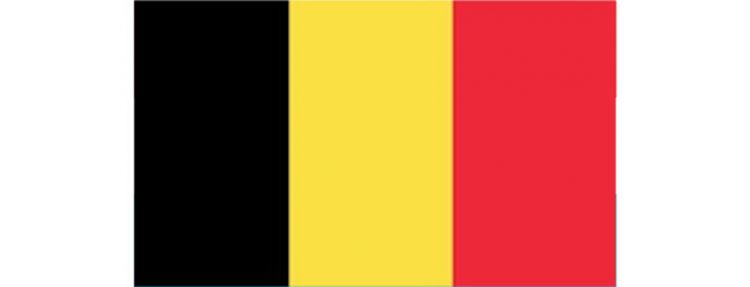The Federal Government and the Governments of the Federated Entities discussed the corona situation today in the Consultative Committee.
The Consultative Committee notes a new, high seven-day average of 221 hospital admissions and the fact that the number of infections is doubling every two weeks.
The positivity rate has also increased in the past week, with the strongest increases among teenagers (ages 10-19) and 40-64 year olds.
Most infections and clusters are identified in schools and workplaces.
Based on these findings, the Consultative Committee decided on a “cool-down package” to ensure that the upward trend is reversed, in terms of both the number of infections and hospital admissions.
1. Meetings outside with a maximum of 4 people
The group of people (children up to the age of 12 are not included) who are allowed to meet up outside will be limited to a maximum of four. Families consisting of more than four people are, of course, allowed to go out with more people.
2. Non-essential shops working by appointment only
Non-essential shops are only allowed to receive customers by appointment, with the maximum number of customers allowed in at one time depending on the size of the store and with an absolute maximum of 50 people. Two people from the same family are allowed to enter the store together.
Home deliveries and “click-and-collect” are still possible, provided there is no physical contact and nobody enters the retail space.
Essential shops (including food shops, pharmacists, as well as stores for hygiene products, clothing fabrics, flowers and plants, telecommunications stores, and newspaper and book stores) are allowed to continue to receive customers without an appointment.
3. Closure of non-medical contact professions
Non-medical contact professions are required to close down. These include:
- beauty salons;
- non-medical pedicure;
- nail salons;
- massage parlors;
- hairdressers and barbers;
- tattoo and piercing salons
4. Youth and Education
Classes at all levels of education (primary and secondary, part-time arts education, higher education and social promotion) will be suspended from 29 March to 2 April. Kindergartens will remain open. Exams can still be organized in the week before the Easter vacation.
Between 29 March and 2 April, childcare will be provided for employees who cannot work from home and for individuals who are unable to provide childcare. Classes resume after the Easter break on Monday, 19 April, with full in-person education for secondary education if possible.
Youth camps and extra-curricular activities for pupils are possible, but only during the Easter vacations, in limited groups of no more than 10 youth and without overnight stays
5. Tighter controls on working from home
The controls on mandatory working from home will be ramped up and tightened.
Employers must keep records showing the schedule of who will be present in the workplace and when. Public governments also need to comply with the obligations to work from home
6. Non-essential travel is still banned
Non-essential travel during the Easter vacations is still banned. Border controls will be substantially increased.
7. Demonstrations
The number of participants for static protests on public roads is limited to 50.
8. Importance of the basic rules
The Consultative Committee reiterates the importance of:
- complying with the applicable health measures by the population,
- strict enforcement by the police and inspection services of these measures,
- mandatory working from home, as well as its strict enforcement by the inspection services,
- measures taken by local governments to avoid crowding in busy areas.
The Consultative Committee, the Corona Commissariat and the Risk Assessment Group will continue to monitor the situation closely day by day and will meet immediately when the situation requires it.
The Ministerial Decree is valid until 25 April.
Source: premier.be


